Daylight Awareness Week 2025
Future Solar Societies
3-7 November 2025
Celebrate daylight with us!
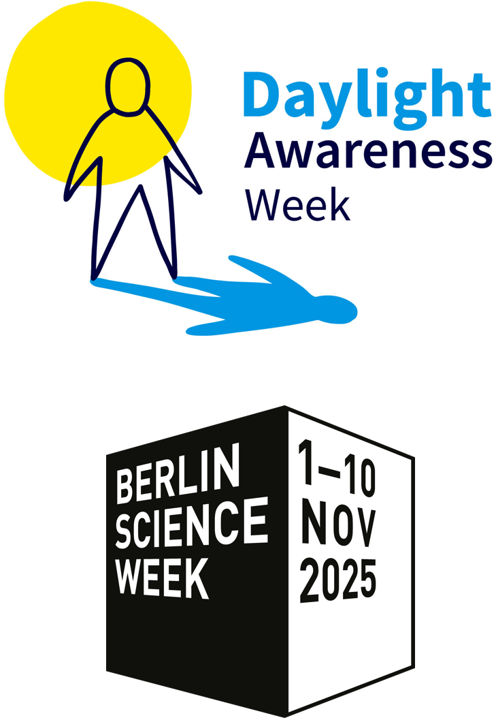
As the world needs to move away from fossil fuels, we are entering a new era — one where daylight can play a central role in how we live, work, and care for our planet. Future Solar Societies imagines a world shaped by the power of the sun — not only through solar energy and sustainable technologies, but also through nature-based systems, lifestyles, and cultural perspectives that embrace natural light.
This year’s Daylight Awareness Week explores how daylight can help build healthier, more sustainable, and fairer societies – for both people and the ecosystems we depend on. From climate-friendly architecture to traditional knowledge of living with daylight, from emerging technologies like artificial photosynthesis to sunlight-driven processes in forests and oceans — we will highlight stories, science, and solutions that show how daylight is key to thriving in a changing climate.
Upcoming events:
Imagining Future Solar Societies
Pop-up booth at Berlin Science Week
From 7 to 9 November 2025, Holzmarkt 25, Berlin
At our booth, you will explore the many dimensions of daylight through informative displays, thought-provoking questions, and interactive activities. We will invite you to contribute your own ideas, determine your chronotype – whether you tend to be an early bird or a night owl, and even help us imagine futures that harness the enormous potential of daylight.
The booth will welcome you throughout three days, from 7 to 9 November (each day from 12:00 to 19:00), and a special and different activity will be offered each day:
Friday, 7 November 2025
Look Up: Skygazing Citizen Action (12:00-14:00)
Daytime Sky Watching at Holzmarkt: Street Meteorology for Everyone
Further information
Saturday, 8 November 2025
Bright Future: Kids Imagine with Daylight (12:00-14:00)
A participatory workshop for young children
Further information
Sunday, 9 November 2025
Imagining Future Solar Societies
A talented illustrator will transform your ideas into vivid images!
(Illustration slots: 13:00-14:30 / 15:00-16:30 / 17:30-19:00)
Further information
Explore the Week – Day by Day
Saturday, 1 November / Sunday, 2 November
PRE-EVENT TALKS
This year, Daylight Awareness Week begins… before it begins! Join us for two inspiring talks on the Berlin Science Week Inspiration Stage – a bright prelude to what is coming.
Talk by Alberto Nuñez Bendinelli, University Regensburg, Germany
INSPIRATION STAGE: Hidden Connections of Nature
How we can overcome microbial resistance in plant and human health?
The use of synthetic pesticides has come at a high environmental cost due to bioaccumulation problems, non-target toxicity, and pest resistance. For these reasons, effective crop protection products are being depleted from the agricultural market at an alarming rate. Disinfection using light is possible with some compounds called sensitisers. Using light, we can create reactive oxidative species that kill microorganisms. This approach overcomes microbial resistance, a serious concern in both agriculture and human health. This presentation will focus on the basic scientific principles of using sunlight to prevent and treat infections in plants and agricultural fields. I will also discuss some of the most promising recent advances in this field.
Entry is free.
Further information
Talk by Jan-Frieder Harmsen, RWTH Aachen University and Maastricht University
INSPIRATION STAGE: What Shapes our Health
Discover how daylight shapes sleep, energy, and health — and why brighter days and darker nights matter.
In this talk, we explore how everyday light — especially daylight — shapes our health in powerful yet often invisible ways. At the center is the circadian clock, an internal system that tells our bodies when to sleep, eat, move, and repair. This clock is strongly influenced by light, particularly the natural contrast between bright days and dark nights. Modern life, however, keeps us indoors under artificial lighting that often lacks these cues. This mismatch can disturb sleep, reduce alertness, impair metabolism, and raise risks for diseases like diabetes or depression. In our research, we test how improving light exposure — more daylight during the day, less artificial light at night — can restore biological rhythms and improve health. By rethinking how we design homes, workplaces, and hospitals, we can use light as a simple, non-invasive tool to support wellbeing and prevent disease.
Entry is free.
Further information
Monday, 3 November
DAYLIGHT AS A HEALTHY ROUTINE
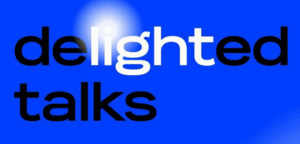
With insights from IALD, WELL, DLA, and leading researchers, this webinar explores daylight-like conditions indoors and their impact on health, design, and circadian well-being. Join the discussion and gain perspectives from science, practice, and international thought leaders.
With an increasing evidence base that properties of daylight can positively affect people’s health and well-being, time has come to address the challenge of daylight-like conditions indoors. At present, many people spend time in spaces lit with electric lighting – at work places and in classrooms. How to design the built environment with appropriate light exposure in mind is the topic of a recent white paper by the the International Association of Lighting Designers (IALD).
During this webinar their findings will be presented and commented and contextualized by researchers and practitioners selected by the Daylight Academy, the International WELL Building Institute and the Society of Light, Rhythms and Circadian Health.
Organised in collaboration with the Good Light Group, the Society for Light, Rhythms, and Circadian Health (SLRCH), the International Association of Lighting Designers (IALD), and Luger Research.
This webinar is free to join.
Registration and further information
On 22 September 2025 – the equinox, when day and night are nearly equal all around the globe – more than 50 people collected light exposure data from dateline to dateline, with participants from across the globe, including Ghana, Costa Rica, Australia, Turkey, Norway, Germany, Hong Kong, Malaysia, Singapore and many more.
Join us as we explore this unique global dataset: discover how light exposure differs across regions and uncover the factors that shape it.
In this panel discussion, contributors will share their experiences and provide insights into how they encounter and engage with daylight in their daily lives.
Event initiated and organised by Manuel Spitschan.
This webinar is free to join.
Registration and further information
Tuesday, 4 November
DAYLIGHT THROUGH CHILDREN’S EYES
It has long been known that the quality of lighting in workplaces has a significant impact on the safety and health of employees. In recent years, however, there has been a growing body of knowledge about the effects of illuminance, the spectrum of light sources, and light distribution on the human body. Daylight has a particular influence on alertness and concentration and is the most important source for synchronizing the internal clock with the natural day/night cycle.
Therefore, according to German workplace regulations, workspaces must receive sufficient daylight if possible. How much daylight provision this means and how to reduce negative impact of less daylight availability is set out in the technical rule ASR A3.4. The Federal Institute for Occupational Safety and Health (BAuA) focuses on research in order to improve workplace conditions in legal requirements and recommendations.
The presentations of the webinar will address both the research on (day)lighting effects on employees and the requirements for daylight availability in accordance with the workplace regulations in a practical and understandable way.
The webinar will be held in German language and is free to join.
Registration and further information
What role does daylight play in raising healthy, thriving children?
This online panel explores the importance of natural light for children’s development – from supporting healthy sleep cycles and boosting well-being to preventing myopia. Experts from chronobiology, eye research, and outdoor learning will share insights from science and practice, including how schools and families can rethink daily routines and learning environments to bring children closer to daylight – and why that matters more than ever.
Because raising awareness starts early, we will also hear about a lovely new comic book, Lumi’s Delight, which introduces children to the science of daylight in a playful, engaging way. One of its creators will be on the panel to share why it is never too soon to start learning about daylight.
Speakers:
- Anna M. Biller, Chronobiology, Technical University of Munich, Germany
- Rolf Jucker, Outdoor Learning Expert, SILVIVA Foundation, Switzerland
- Eoin Kerin, Myopia in Children, Technological University Dublin, Ireland
Moderation:
- Mirjam Münch, Chronobiology, University Psychiatric Clinics Basel, Switzerland
This webinar is free to join.
Registration and further information
Wednesday, 5 November
DAYLIGHT AND ECOSYSTEMS: NATURE, SUSTAINABILITY & CITIES
Time to pause – and dig deeper.
No live events today, but plenty to explore! We will be sharing fresh blog posts and insightful resources on how daylight shapes ecosystems and sustainable futures. Stay tuned and get inspired!
by Víctor Resco de Dios
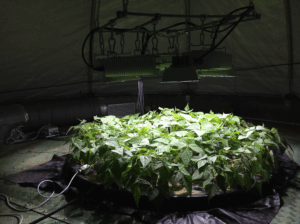
It was late at night. The owl, silent and sure, glided back to its hollowed tree as the forest held its breath. And then, without a sound, the orchestra began to play. Not of strings or brass—but of water and carbon, moving invisibly through leaves and roots, under the silent baton of a hidden maestro: the circadian clock…
Read moreby Lidor Shtruzer
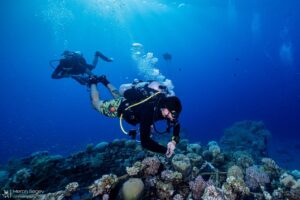
Light is more than illumination, it’s information. Across ecosystems, organisms use subtle changes in sunlight and moonlight to synchronize their behavior and physiology. Coral reefs, shaped by these daily and lunar rhythms, are among the most striking examples of life organized by light…
Read moreby Christoph Kueffer, Carlo Volf and Peter Edwards

Daylight is essential for ecosystems and for the physical and mental well-being of people. Despite this, many cities have followed a strategy of densification as a way of preventing urban sprawl and reducing energy consumption – but at the cost of daylight for both people and nature…
Read moreThursday, 6 November
DAYLIGHT IN ARCHITECTURE AND CULTURAL PRACTICES
This contribution aims to discuss the challenges of daylighting in exhibitive contexts through the case-study of the iconic Gallery of the Kings, in the Egyptian Museum in Turin. This hall was significantly renovated to celebrate the Bicentenary of the Museum in November 2024, showcasing the new, specifically developed project by OMA Studio. The core feature of the design involves the re-opening of the existing windows, allowing the artifacts to be lit by daylight in a bright environment, after they have been displayed in a gloomy, evocative atmosphere since Dante Ferretti’s intervention in 2006. The research methodology and findings investigate the 2006 and 2024 layouts, comparing the properties of the materials, the new lighting fixtures, and the presence of daylight in the latter configuration. A combined approach has been adopted, encompassing both on-site measurement campaigns and digital models to simulate the illuminance levels in the room, also in the perspective of guaranteeing the preventive conservation of the artifacts. The results of this work have been presented as a MSc thesis in Architecture for Sustainability, at Politecnico di Torino.
This lecture is free to join.
Registration and further information
Our documentary “The Daylight (R)evolution – A Scientific Journey” has been selected by the Films for Future Festival for its 2025 edition.
The film takes you on a journey across the globe, unveiling the hidden powers of daylight. Watch pioneering scientists, architects, and researchers reveal how our understanding of natural light is transforming the way we live across areas such as sustainable energy and modern medicine. From cutting-edge solar energy projects in Europe, to research stations in the Guatemalan forest, discover how different cultures are harnessing nature’s most abundant resource across a wide range of revolutionary methods.
A Daylight Academy documentary film directed by Sandy Evangelista and Alban Kakulya.
The screening will take place on Thursday, 6 November (20:00) at Impact Hub in Viadukt, Zurich, and will be followed by a discussion with two protagonists from the film: Christian Cajochen and Jean-Louis Scartezzini.
by Bob Gysin and Binta Anderegg

Scientifically speaking, light is electromagnetic radiation within the visible spectrum. It appears both as a wave and a particle – and makes our perception of the world possible in the first place. Yet for us cultural creators, light is much more than a physical phenomenon: it is inspiration, mood-setter, and companion through life...
Read moreby Sonja Giers
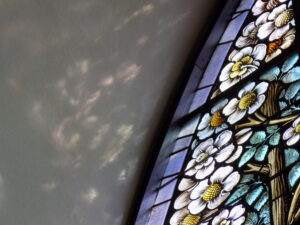
3 a.m. At a small German train station. Darkness everywhere. I am waiting for the train that will take me to Copenhagen. I believe light is only something that brightens rooms. At that moment, I can’t imagine that this journey will change the way I see light, architecture, and life. As the train rolls north, I begin to travel not only across borders, but toward an understanding of daylight itself. I am leaving the dark completely behind – or so I thought...
Read moreFriday, 7 November
IMAGINING FUTURE SOLAR SOCIETIES
And just like it began – we are closing the week at Berlin Science Week!
From Friday to Sunday (7–9 November), join us at our pop-up booth at Holzmarkt 25 in Berlin, where we will be shining a light on the many ways daylight matters for a brighter, healthier future.
Often taken for granted, daylight is a free and abundant resource with the power to influence far more than just temperature and our vision. It plays a crucial role in our health, the rhythms of nature, the sustainability of our cities, and the way we build, work, and live together.
At our booth, you will explore the many dimensions of daylight through informative displays, thought-provoking questions, and interactive activities. Learn how sunlight impacts ecosystems, architecture, public health, and cultural practices – and why reimagining our relationship with natural light is essential for a brighter, more sustainable future.
We will invite you to contribute your own ideas, determine your chronotype – whether you tend to be an early bird or a night owl, and even help us imagine futures that harness the enormous potential of daylight.
Entry is free.
Further information
by Christina Hemauer & Roman Keller
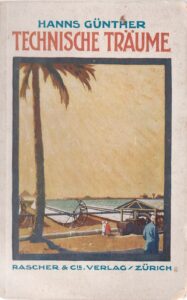
‘Technische Träume’ (‘Technical Dreams’) is the title of a book from 1922 that we received as a gift from a scientist during a fellowship at the Paul Scherrer Institute. The cover shows a solar power station in a suburb of Cairo, which was built by American inventor Frank Shuman in 1913…
Read moreUse #DaylightWeek & #FutureSolarSocieties to join the global conversation!
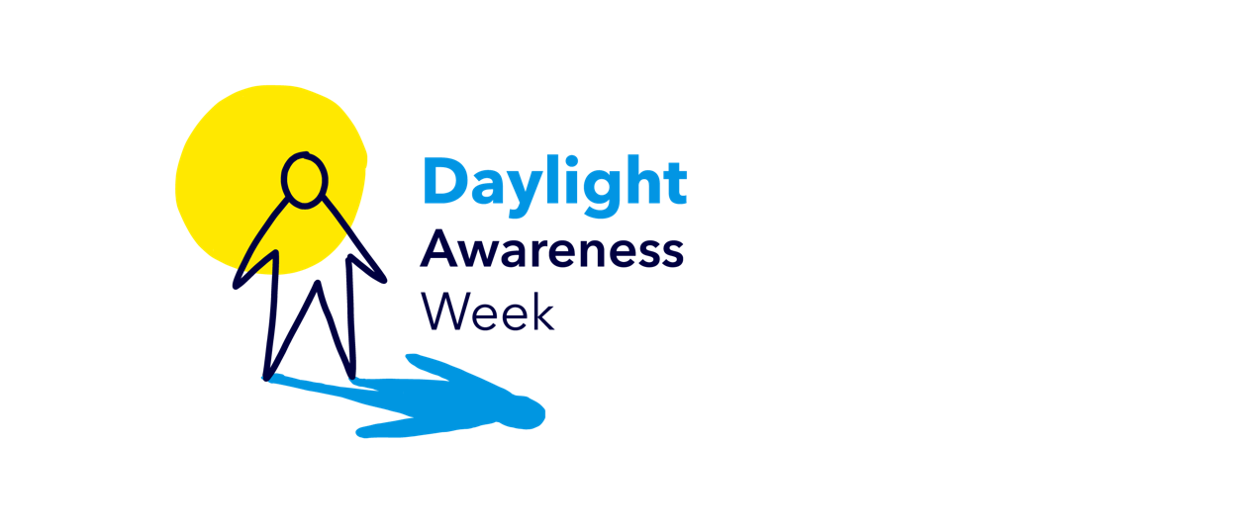
PREVIOUS EDITIONS
Daylight Awareness Week 2024
Daylight as a force for good
Program flyer
Prof. Christian Cajochen (Head of the Centre for Chronobiology at the University of Basel in Switzerland) talks about the impact of daylight on our health, with a special focus on sleep.
This resulted from a collaboration with Jan-Frieder Harmsen and his podcast CHRONO:MEDICINE (previsouly named 247MUSCLE).
The episode is divided into two parts:
Listen to part 1 (also available on Spotify, and Apple Podcast)
Listen to part 2 (also available on Spotify, and Apple Podcast)
Delve into the mysteries of circadian rhythms, sleep and daylight with Prof. em. Anna Wirz-Justice (Centre for Chronobiology, University of Basel in Switzerland), a pioneer in the field of chronobiology, in this special Halloween episode of the Light O’Clock podcast.
The episode was created in partnership with Light O’Clock, a regular podcast produced by the Translational Sensory & Circadian Neuroscience Research Group at the Max Planck Institute for Biological Cybernetics. The episode is hosted by Carolina Guidolin.
Listen to the episode (also available on Spotify and Apple Podcast)
by Lisa Heschong (2024)
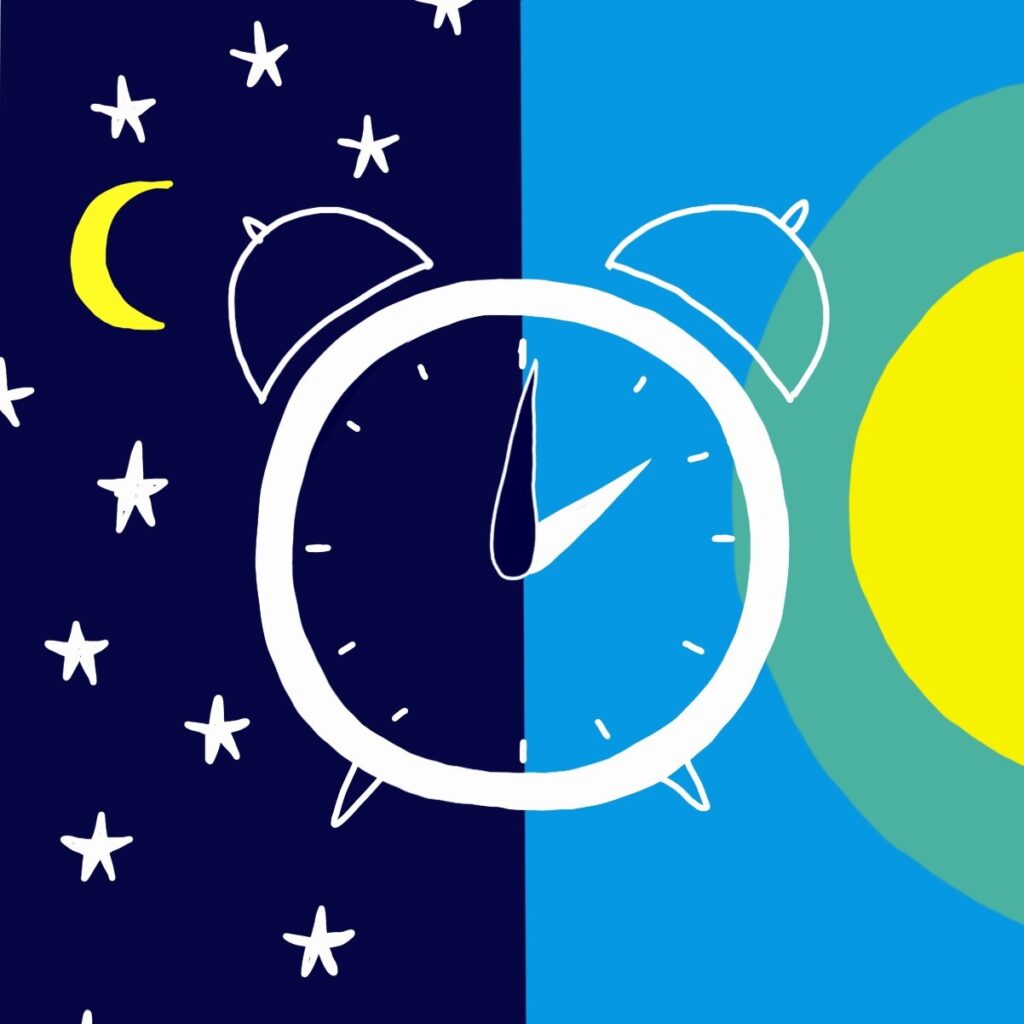 “We are lucky that our planet rotates. During the day, the sun’s intense radiation warms the earth and brightens our beautiful blue atmosphere. At night, in the sun’s dark shadow, the earth cools, sending its heat back out into infinite space. Because of its 24-hour rotation, no one face of the planet gets burned by unrelenting radiation, or is forever deprived of the sun’s life-giving energy…”
“We are lucky that our planet rotates. During the day, the sun’s intense radiation warms the earth and brightens our beautiful blue atmosphere. At night, in the sun’s dark shadow, the earth cools, sending its heat back out into infinite space. Because of its 24-hour rotation, no one face of the planet gets burned by unrelenting radiation, or is forever deprived of the sun’s life-giving energy…”
by Lynne Peeples (2024)
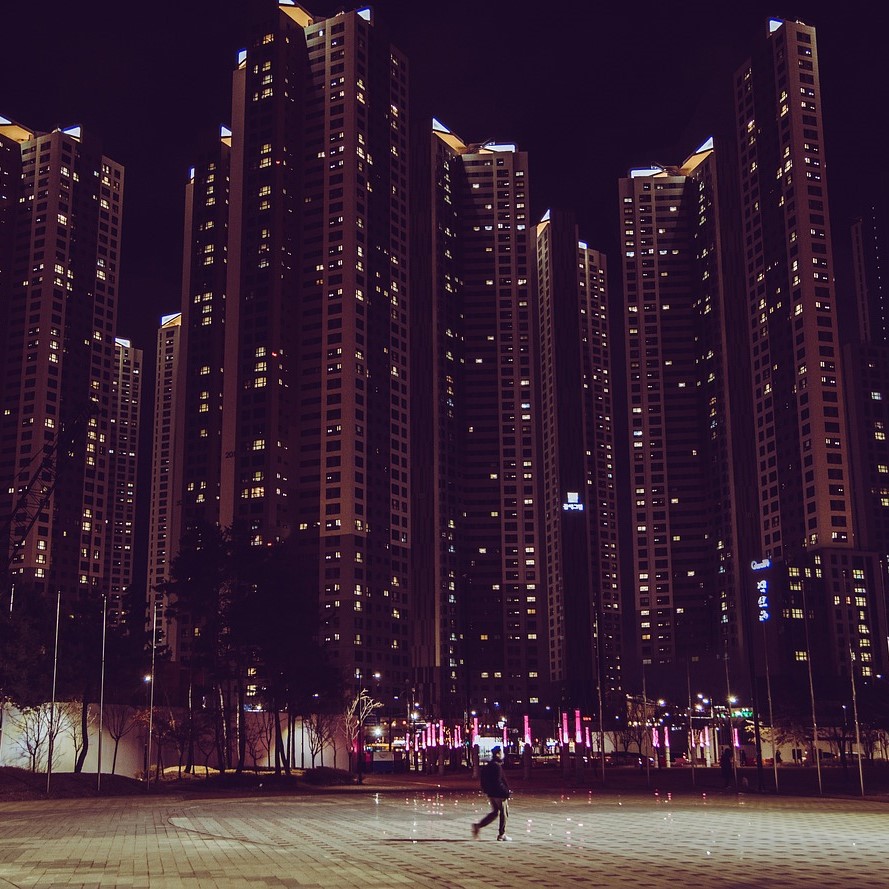 “Skylines around the world—from Denver to Delhi—are rapidly rising and densifying to accommodate growing urban populations. The efforts are well-intentioned; making cities compact can reduce energy use. Yet it can also introduce other environmental and public health problems, such as a diminished distinction between night and day…”
“Skylines around the world—from Denver to Delhi—are rapidly rising and densifying to accommodate growing urban populations. The efforts are well-intentioned; making cities compact can reduce energy use. Yet it can also introduce other environmental and public health problems, such as a diminished distinction between night and day…”
by Paul Bogard (2024)
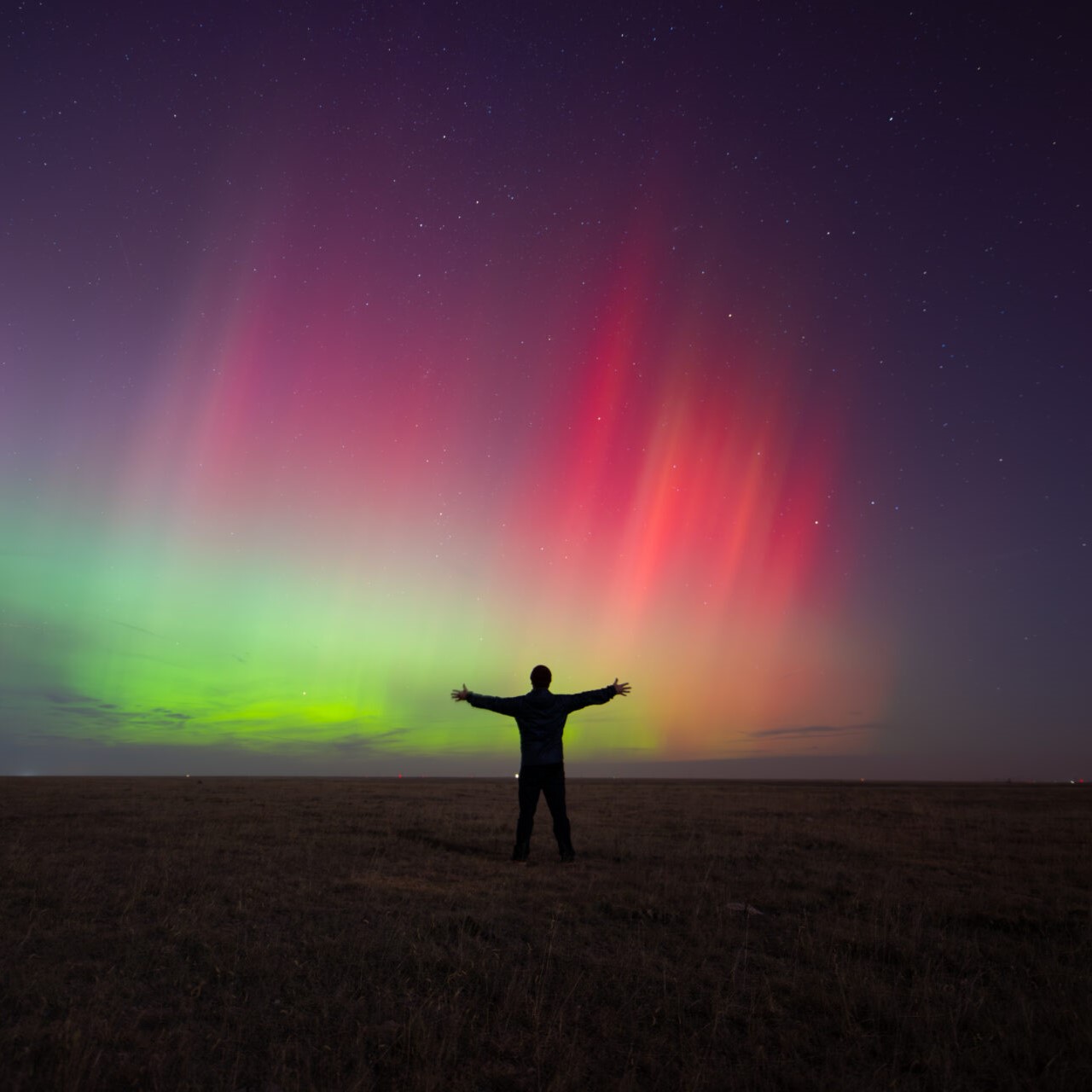 “I wish to speak a word for darkness, for that natural quality on which so much depends, the matching half to natural daylight, both so valuable for life. It makes sense to consider natural darkness on Halloween, a celebration that plays with our fears, because it’s our fear of the dark that often separates us from the value of natural night. Just as we take for granted the benefits of daylight, so we live in ignorance of the dark. But this can change…”
“I wish to speak a word for darkness, for that natural quality on which so much depends, the matching half to natural daylight, both so valuable for life. It makes sense to consider natural darkness on Halloween, a celebration that plays with our fears, because it’s our fear of the dark that often separates us from the value of natural night. Just as we take for granted the benefits of daylight, so we live in ignorance of the dark. But this can change…”
Daylight Awareness Week 2023
Daylight and us: learning from the past?
Program flyer
Daylight Awareness Week 2022
Journey of Light: from Space to our Cells
Program flyer
Daylight Awareness Week 2021
Three reasons why we need daylight
Program flyer
Daylight Awareness Week 2020
When daylight rhymes with health
Program flyer